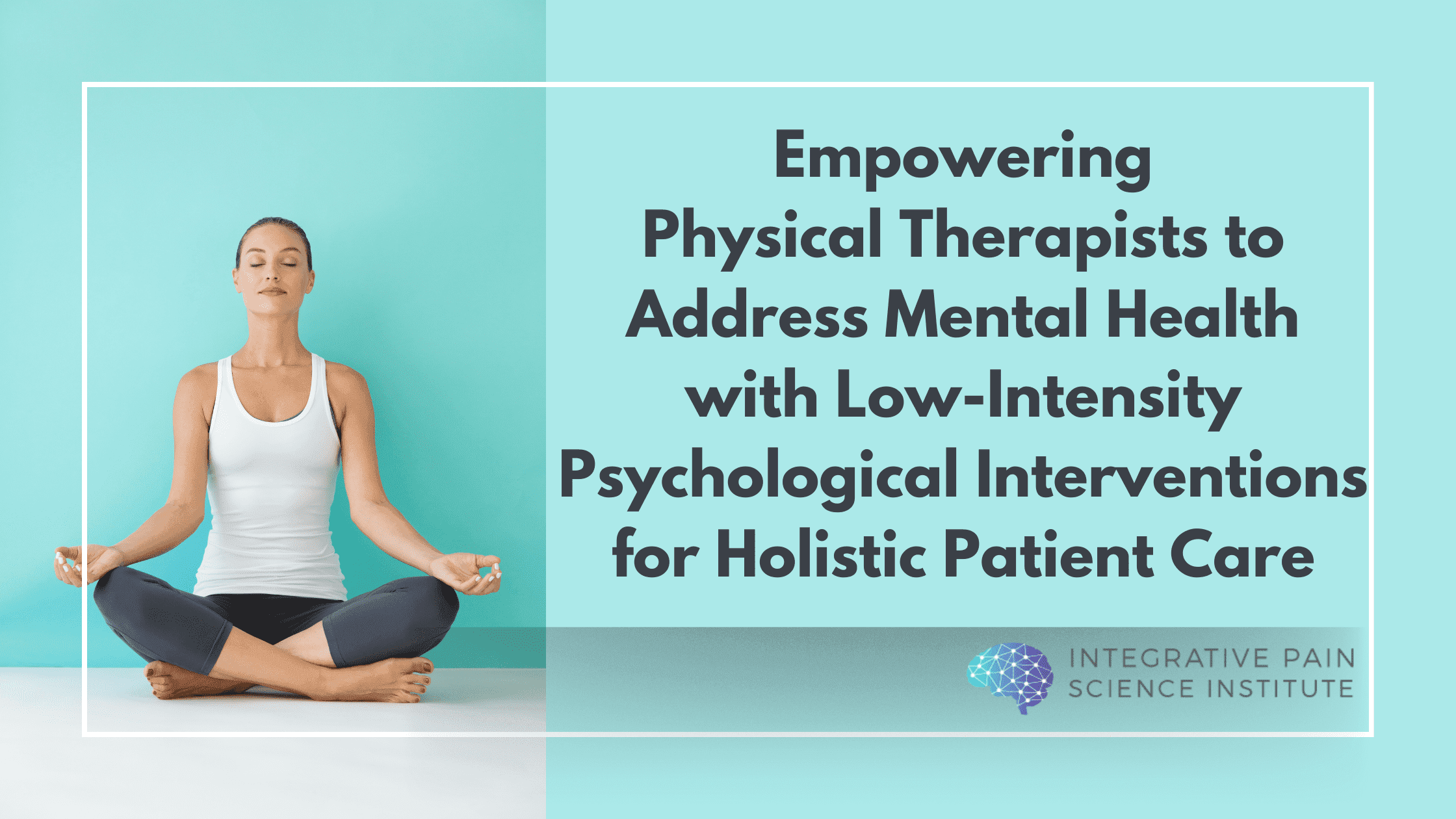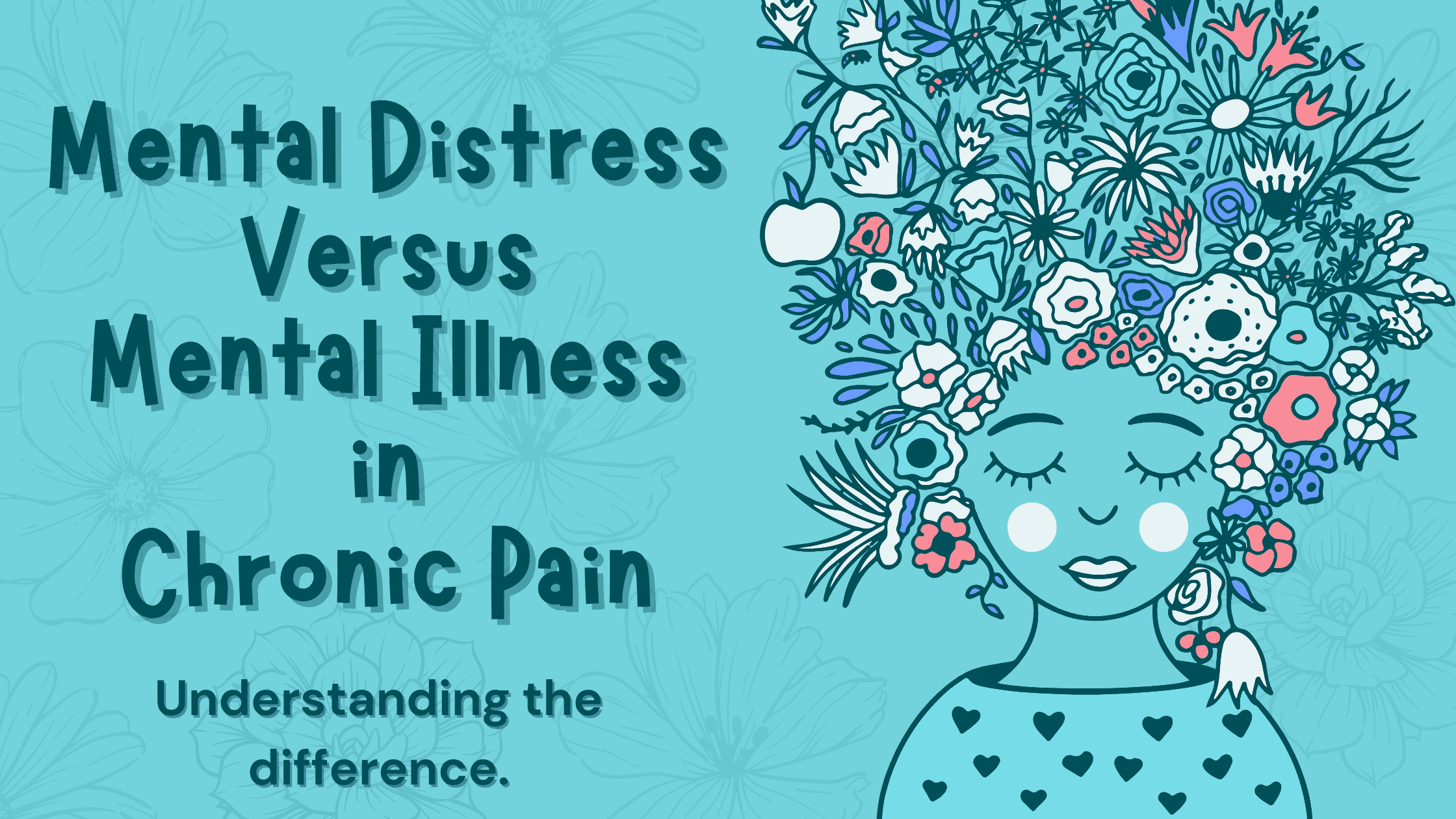In the US, 29.1 million people have type 2 diabetes (9.3% of the population), and a whopping 100 million Americans suffer from chronic pain. As you might’ve guessed, there’s a lot of crossover between the two. In fact, 48% of people with diagnosed diabetes also have a diagnosis of arthritis, and people with diabetes are 44% more likely to suffer from arthritis than those who don’t have diabetes. Let’s take a closer look at this connection and then see what can be done to improve the prognosis and quality of life for both conditions.
How Type 2 Diabetes Develops
Type 2 diabetes doesn’t happen overnight, of course. The major predisposing conditions are diet, stress, inactivity, and obesity, while genetics are also thought to play a role.
When a person consumes a high-glycemic diet (high in sugars and carbohydrates), the pancreas has to work hard to produce enough insulin to keep blood sugar at safe levels. Insulin helps to store excess sugar as fat, which leads to overweight and obesity. Over time, insulin resistance develops, where the pancreas is producing more and more insulin, but the cells in the body don’t respond well to it. Eventually, the pancreas isn’t able to produce enough insulin, and the person develops full-blown type 2 diabetes.
The Diabetes-Inflammation-Pain Connection
Obesity and diabetes are both chronic states of inflammation that can lead to chronic pain syndromes such as arthritis.
How exactly does inflammation develop? In several different ways:
- Insulin promotes inflammation. When the pancreas produces more and more insulin (due to insulin resistance), there’s also a rise in systemic inflammation.
- Obesity is associated with inflammation because inflammatory cytokines (the chemical “bullets” of the immune system) are found in higher numbers in adipose tissue (fat). The cytokines also interfere with insulin signaling, which adds fuel to the fire of insulin resistance.
- Systemic inflammation harms the gut. With increased inflammation in the body, the tight junctions of the cells lining the digestive tract can be harmed, leading to a condition known as “leaky gut”, where undigested food particles can leak into the bloodstream and act as toxins in the body. These toxins get deposited in the joints, creating pain. This is a classic vicious cycle.
- Obesity results in wear-and-tear on the joints. As I mentioned in my post on obesity and joint pain, for every extra pound of body weight, there’s an exponential amount of pressure on the joints. A 200 lb man exerts 300 lbs of pressure on his knees when walking on level ground, and when he squats he exerts 4-5 times his body weight on his knees. Inflammation and osteoarthritis can develop – especially in weight-bearing joints but even in non-weight-bearing joints.
A Fast and Effective Solution for Diabetes and Pain
If you suffer from diabetes and arthritis, you might feel at the mercy of this vicious cycle of inflammation and pain. Fortunately, you have more control over these chronic conditions than you might think.
One solution to try to help you to lose weight, reduce inflammation, bring your blood sugar under control and eliminate your pain is a Ketogenic Diet. The main idea behind this diet is to consume high amounts of healthy fats (60-70% of daily caloric intake), moderate protein (20-30% of caloric intake), and low carbohydrates (no more than 50 grams per day).
It may seem counterintuitive based on everything you’ve been told by mainstream health experts, but healthy fats will help you lose weight, and limiting your carbohydrates breaks the cycle of insulin, inflammation, and pain. In fact, the Ketogenic Diet has been shown to be so effective for patients with type 2 diabetes that they’re able to significantly reduce or eliminate their diabetes medication. The weight loss and reduced inflammation naturally reduce pain in the body. Furthermore, Ketogenic type diets leverage hormesis or your bodies natural ability to heal.
For more information on how to follow a Ketogenic Diet, read my post on this topic.
In a world where we often relegate our health to medical authorities, I hope you’re encouraged and inspired to know that you can take your health into your own hands. Simple lifestyle changes can add up to huge benefits.
Get started by downloading your Healing Foods Checklist and Shopping Guide now!
In health,
Dr. Joe Tatta, DPT, CCN
References
http://www.cdc.gov/diabetes/data/statistics/2014statisticsreport.html
http://www.ncbi.nlm.nih.gov/pubmed/26374569
http://www.ncbi.nlm.nih.gov/pubmed/22688544
http://www.ncbi.nlm.nih.gov/pubmed/19099589
http://www.ncbi.nlm.nih.gov/pmc/articles/PMC4124736/



